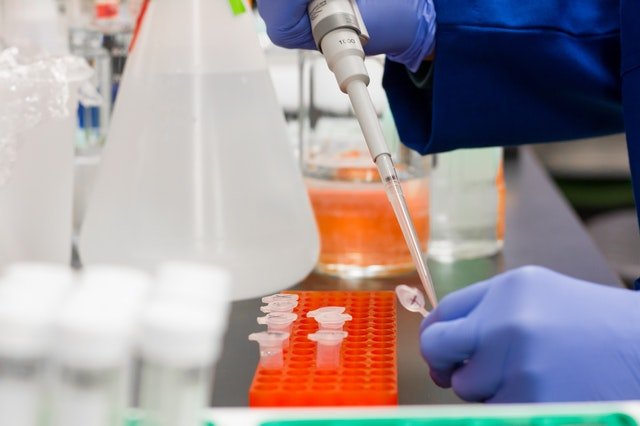
In a new study, researchers found a trial drug that effectively blocks the cellular door SARS-CoV-2 uses to infect its hosts.
The study provides new insights into key aspects of SARS-CoV-2, the virus that causes COVID-19, and its interactions on a cellular level, as well as how the virus can infect blood vessels and kidneys.
The findings hold promise as a treatment capable of stopping early infection of the novel coronavirus.
The research was conducted by an international team led by the University of British Columbia.
ACE2—a protein on the surface of the cell membrane—is now at centre-stage in this outbreak as the key receptor for the spike glycoprotein of SARS-CoV-2.
In earlier work, the team first identified ACE2, and found that in living organisms, ACE2 is the key receptor for SARS, the viral respiratory illness recognized as a global threat in 2003.
The team also went on to link the protein to both cardiovascular disease and lung failure.
While the COVID-19 outbreak continues to spread around the globe, the absence of a clinically proven antiviral therapy or a treatment specifically targeting the critical SARS-CoV-2 receptor ACE2 on a molecular level has meant an empty arsenal for health care providers struggling to treat severe cases of COVID-19.
In cell cultures analyzed in the current study, the team found hrsACE2 inhibited the coronavirus load by a factor of 1,000-5,000.
In engineered replicas of human blood vessel and kidneys—organoids grown from human stem cells—the researchers demonstrated that the virus can directly infect and duplicate itself in these tissues.
This provides important information on the development of the disease and the fact that severe cases of COVID-19 present with multi-organ failure and evidence of cardiovascular damage.
Clinical grade hrsACE2 also reduced the SARS-CoV-2 infection in these engineered human tissues.
The new study provides very much needed direct evidence that a drug—called APN01 (human recombinant soluble angiotensin-converting enzyme 2—hrsACE2)—soon to be tested in a clinical trial by the European biotech company Apeiron Biologics, is useful as an antiviral therapy for COVID-19.
Using organoids allows the team to test in a very agile way treatment that are already being used for other diseases, or that are close to being validated.
In these moments in which time is short, human organoids save the time that we would spend to test a new drug in the human setting
The lead author of the study is Dr. Josef Penninger.
The study is published in Cell.
Copyright © 2020 Knowridge Science Report. All rights reserved.



